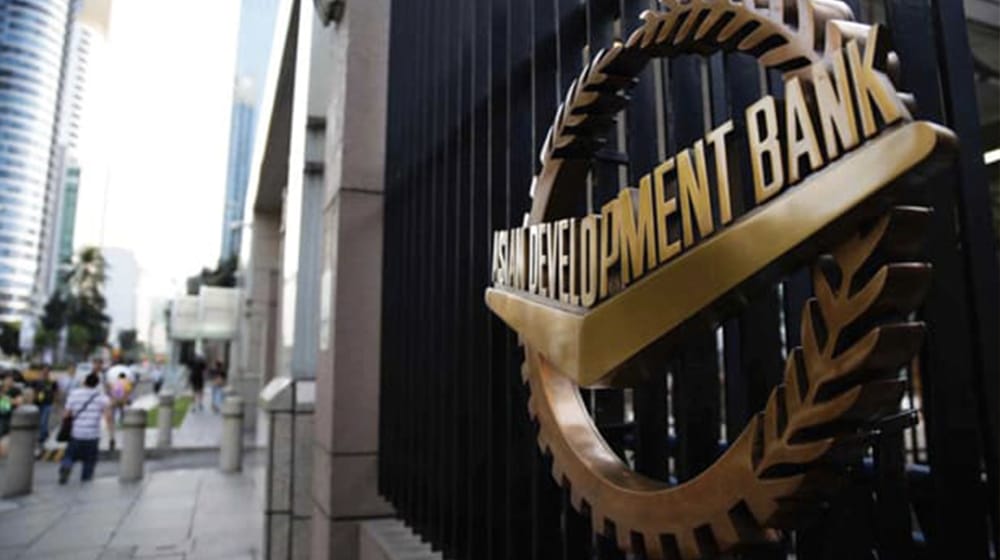Islamabad, Sep 11: Trade-Based Money Laundering in Pakistan the Financial Monitoring Unit (FMU) of Pakistan has determined that solar panels, textiles, chemicals, grains, and industrial equipment are among the commodities that are frequently connected to dubious trade.
In its most recent report, “Transforming the fight against trade-based money laundering: New Data and Partnerships,” the Asian Development Bank (ADB) noted that based on pilot data, the FMU observed how criminals use “under-invoicing” to avoid paying taxes and customs duties while paying any outstanding balances through accounts kept overseas.
The ADB Trade and Supply Chain Finance Program’s Trade-Based Money Laundering in Pakistan pilot project’s findings are reported in this publication. In order to improve the detection and investigation of TBML crimes, the pilot brought new data, training, and collaboration in Bangladesh, Mongolia, Nepal, Pakistan, and Sri Lanka.
The goAML team of the United Nations Office on Drugs and Crime (UNODC) and the FIUs of these five nations collaborated on this project.
Based on data from Pakistan’s Financial Monitoring Unit (FMU), the report stated that following the pilot and the ensuing implementation operations, the country’s monthly TBML-related STRs volume climbed by an average of 398 percent.
Although the FIUs have access to specific nation TBML route analysis, some FIUs chose to offer aggregate data for this brief. fresh data components for STR-TBML. The initiative’s ability to help law enforcement authorities use financial intelligence, which helps with the discovery and prevention of criminal financial activity, was also praised by the agencies.
